Team care
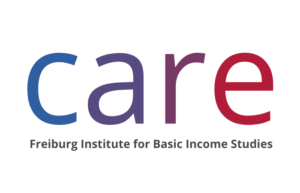
The FRIBIS Team care does research on UBI with respect to care activities in society. Care activities, such as child-rearing, household chores, care for the elderly, psychological and spiritual care, speaking of activities on which every human society is based, do not, or only partially, appear in the national economic accounts (e.g. the GDP). They have therefore ascribed a low economic and social value, with all the implications that this entails. Thus the concept of care raises fundamental questions about our understanding of society, work, and values.
The idea of Basic Income brings a breath of fresh air into the debate about care activities. What does the introduction of basic income mean for care and the care economy? What would be the opportunities, challenges, and effects on the members of society and their various subsystems? What is the potential of basic income for social reorientation when it comes to caring? These and other questions will be addressed by the FRIBIS Team care.
Research Team
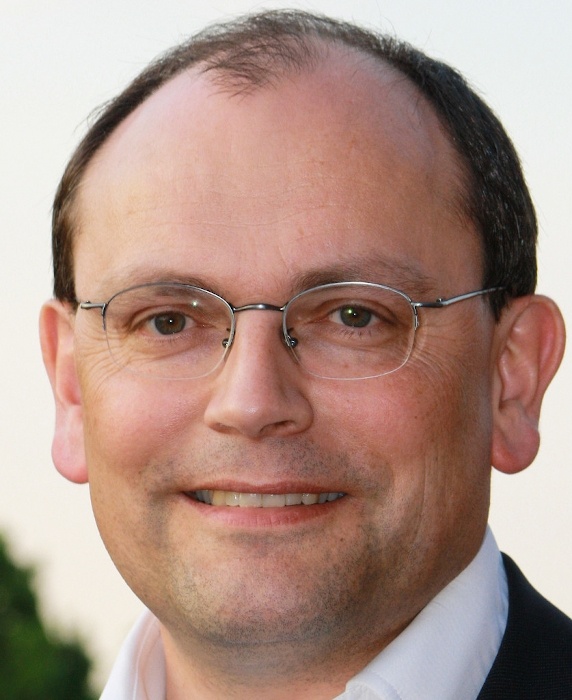
Prof. Dr. theol. Klaus Baumann
born 1963, studied theology in Freiburg (1983-85) and Rome (Pontificia Università Gregoriana, 1985-88) and received his ordination in 1989. 1989-1992 subsequent studies in psychology (1992 Lic. psych.); 1989-1993 psychotherapy training. 1992-1995 Teaching Assistant at Istituto di Psicologia, P.U. Gregoriana, Rome, and psychotherapeutic work ibid. 1993 STL (Lic. theol.) in moral theology, P.U. Gregoriana; 1996 STD (dissertation in theology) entitled „Das Unbewußte in der Freiheit. Ethische Handlungstheorie im interdisziplinären Gespräch“ (Analecta Gregoriana 270), Rome: Ed. PUG 1996, awarded with the „Premio Bellarmino 1996“. 1996-2002 pastoral care in Hinterzarten, Germany; 1996-2002 psychotherapeutic practice in Freiburg; 2003/04 Vice rector, Theological Faculty, Paderborn. Since 2004/05 Director, Department of Catholic Welfare Studies (Caritaswissenschaft), Institute of Practical Theology, University of Freiburg; 04/2008-02/2010 Assistant Dean, Theological Faculty; since 03/2010 Dean, Theological Faculty, University of Freiburg.
Founding director of the Freiburg Institute for Basic Income Studies (FRIBIS)
Lives in Freiburg, Germany.
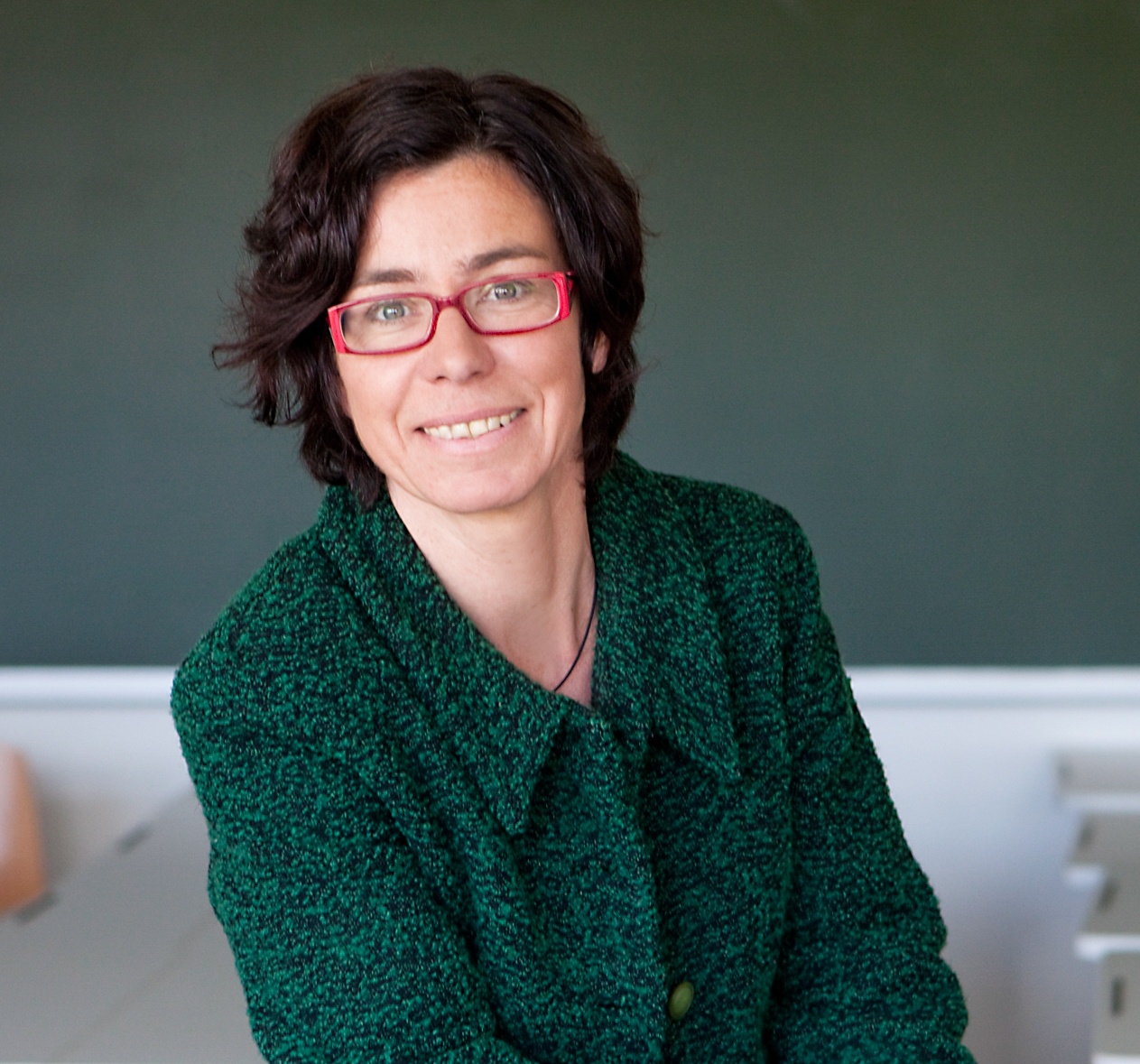
is full professor at the Department of Applied Social Studies. Her research, as economist and sociologist focuses on labour market development in a gender perspective as well as on the causes of poverty, (lack and forms of) democratic development and social politics. She is both member of the German initiative “Freedom Instead of Full Employment”, dealing with UBI, and of the scientific advisory board of the “Basic Income Network” in Germany.
Lives in Unna, Germany
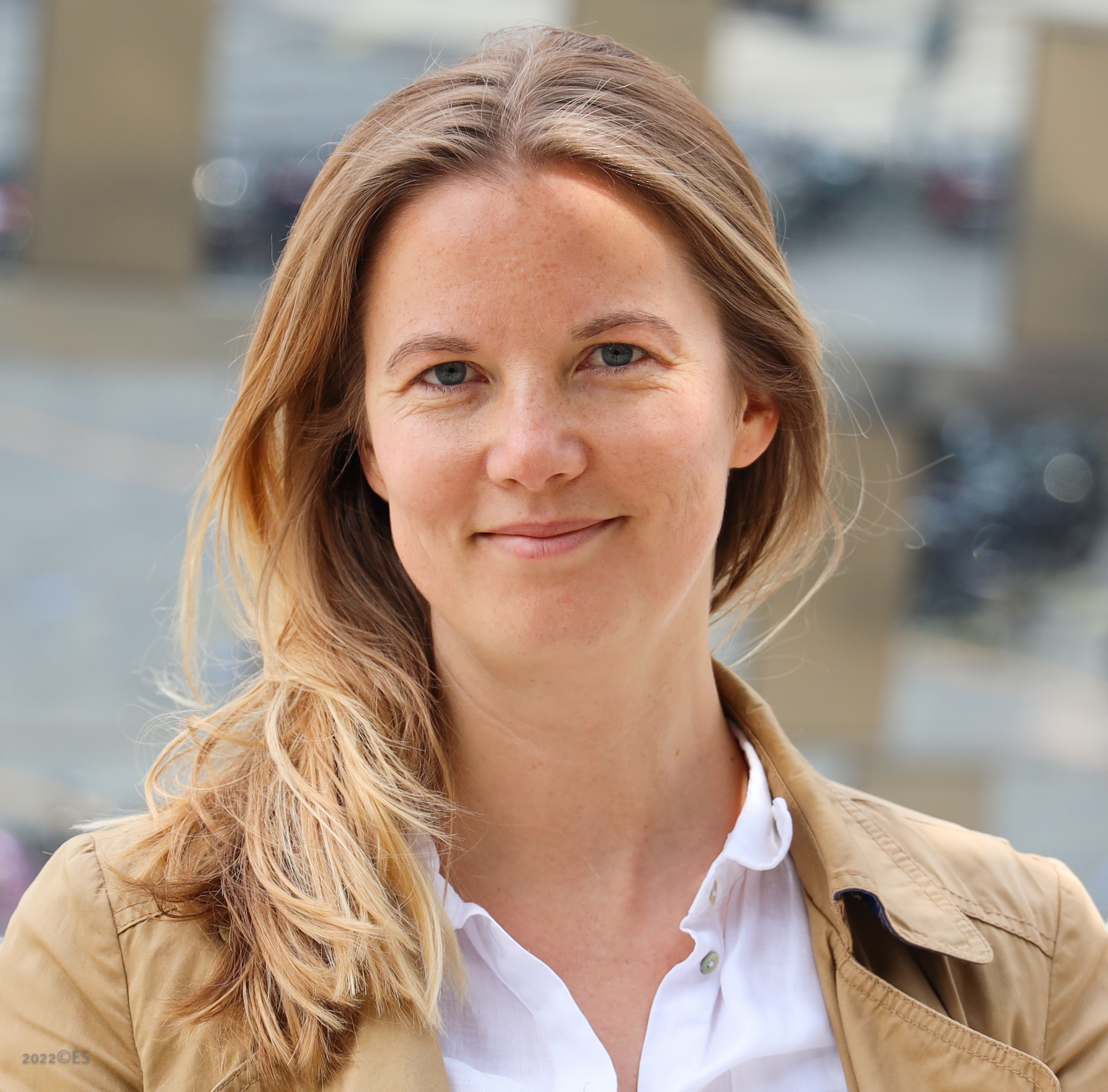
Gudrun Kaufmann
studied economics at the University of Freiburg and was the managing director of FRIBIS. She is the coordinator of the “Sanctions-Free” and “Tanah Papua Basic Income for Climate and Nature (Indonesia)” teams. The latter is still being established. Her main interests are: narratives in economics, care economics, commons, and social policy in the tradition of the Ordoliberal Freiburg School.
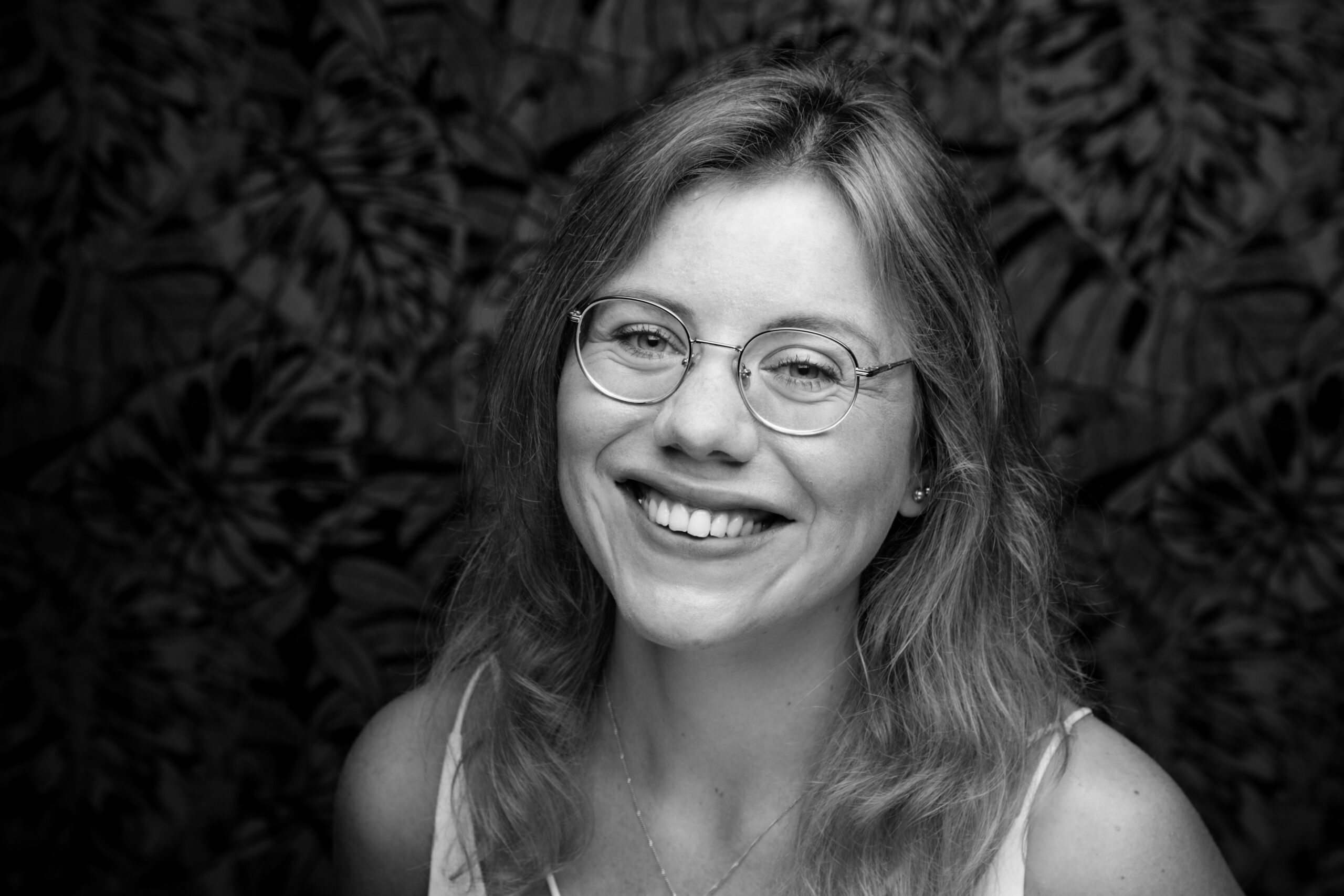
Verena Löffler
studied Politics, Administration & International Relations with a Minor in Corporate Management & Economics (B.A.) at the Zeppelin University Friedrichshafen and at the University of California in Berkeley. Moreover, she was taught in Public Policy (M.Sc.) and Economics (M.Sc.) at the University of Münster and the Aix-Marseille School of Economics. Currently, she works as a Research Associate for the Institute of Economic Education which belongs to the Center for Interdisciplinary Economics at the University of Münster. As a PhD candidate, she is interested in feasibility and justice issues of basic income accounting for migration and explores the relation between paid and unpaid care.
Lives in Münster, Germany.
FRIBIS Team Coordinator
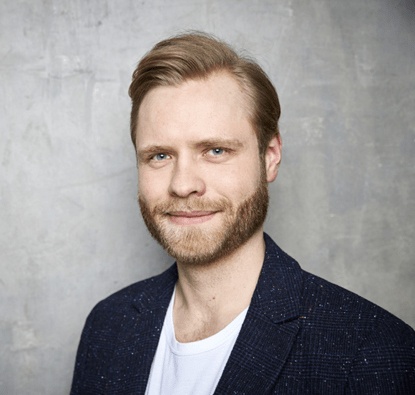
has studied Business Administration with a focus on ethics at the University of Cologne (B.Sc.) and at the RWTH Aachen (M.Sc.). Most recently he worked on the research project “Society after money: a simulation”. As a PhD candidate at FRIBIS he deals with the question, what impact an UBI could have on the Care-Economy. In addition, he is interested in ethical and sociopsychological issues of the UBI.
Lives in Cologne, Germany
Contact: tobias.dumschat@fribis.uni-freiburg.de
.
Transfer Team
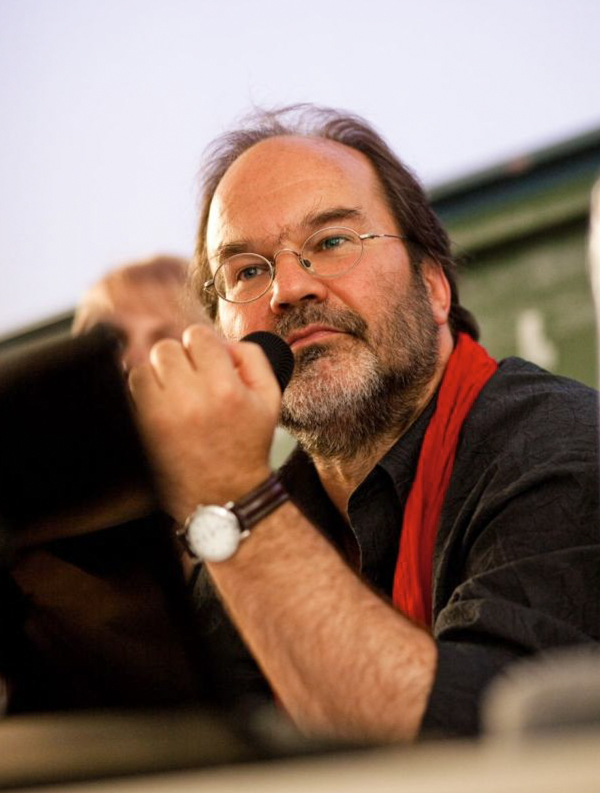
Ronald Blaschke
is a graduate in education and phil., co-founder of the Basic Income Network Germany, the Federal Working Group on Basic Income in and at DIE LINKE Party, the European Network Unconditional Basic Income Europe (UBIE).
He is co-editor of several books and author of numerous articles on basic income and related topics. He coordinated the European Citizens’ Initiative “Unconditional Basic Income Across the EU” at the EU and German levels.
Lives in Dresden, Germany.
.